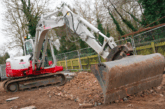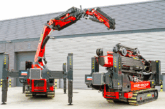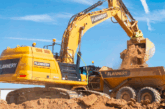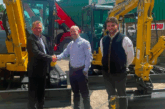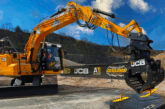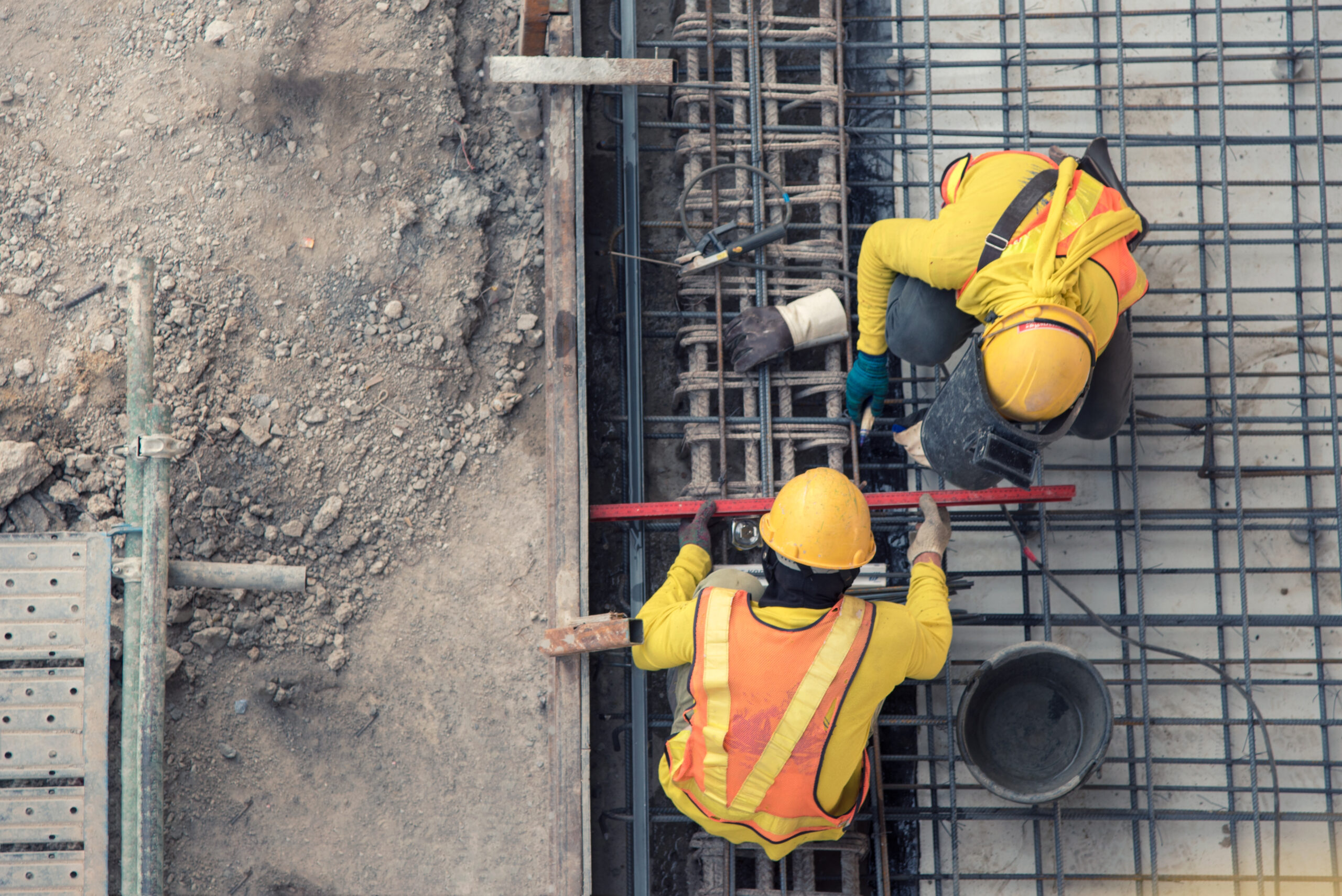
Rent or buy? The age-old dilemma. Commit to sinking your own money into a trusty new machine or trusting your friendly neighbourhood rental firm to help you out and give you a good deal for the required duration? On the one hand it’s a lot of capital to tie up but you own the asset, on the other you theoretically get the machine you want for the job with no added hassle if you go the rental route. Decisions, decisions. The irony perhaps is that should you decide to make the investment, what do you buy? There’s been such a proliferation of new machines across all types that singling one out is a job in itself. What’s more with the arrival of batteryelectric powered equipment, do you take the plunge and overcome your ‘shift anxiety’ and become an eco-operator?
You could also ask yourself why take the risk in buying when rental is the easier path? After all, rental firms have the choice of equipment, you have the pick of what you want, and everyone is happy. And this, it seems, is the way forward, well at least according to a recent study by construction industry experts, Barbour ABI. It says that ‘plant hire is fast becoming the preferred route for accessing vital equipment.’ Such is the demand for rental machines that the company believes that the hire market will be worth a whopping £3.6bn by the end of this year, even with an economic backdrop that is less than lively.
So, what is driving this growth? According to Barbour the construction industry, which accounts for around two thirds of all hires, is ‘facing mounting cost pressures, tightening legislation, and accelerating decarbonisation targets.’ To that end contractors are looking for efficiency and simplicity and by renting equipment it reduces their risks, while offering numerous benefits. Lower maintenance costs, greater flexibility and the chance to try out new types of machines provide them with peace of mind, when working on complex and difficult contracts.
One of the prime drivers is the need for compliant products that meet the requirements of the relevant legislation. As Barbour ABI’s chief analyst Ed Griffiths points out in the study, “with emissions regulations tightening and net zero targets looming, firms are under pressure to modernise fleets faster than ever, and plant hire offers a route to do that affordably.” To that end plant businesses are increasingly investing in more low-emission, battery-electric and hydrogen-powered equipment to help contractors meet environmental standards head on.
Encouragingly the report signs off by saying that the ‘plant hire market (will) continue its upward trajectory’ thanks to a pipeline of work it estimates to be in the £775bn ballpark. This means companies will have to scale up quickly when needed, so plant hire becomes ‘no longer just a cost-saving choice, it’s a strategic one.’
Happy reading

